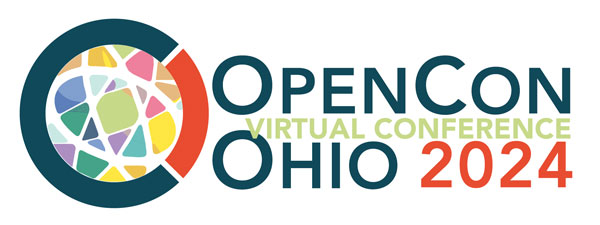
Asynchronous Pre-Recorded Lightning Talks and Viewing Discussions 2024
Improving Public Discourse through Open Education Resources
Program Type
Lightning talks
Start Date and Time
13-5-2024 8:00 AM
Program Description
Incorporating open education resources (OERs) as required or recommended course materials can foster student engagement as well as long-term civic engagement. This lightning talk will address the awareness and use of OERs as important components of information/media literacy skills that empower students to engage in critical thinking, advocacy, and public participation in online and offline contexts. Furthermore, the presentation will encourage educators to use OERs to prepare students for navigating the political environment of the present and future, helping them to understand their rights and responsibilities as content creators, consumers, and disseminators dealing with technological innovations and global systems. Using a communication/rhetoric course as an example, the presentation will cover multidisciplinary principles regarding how OERs may not only serve the diverse needs of learners but also how they may enlarge the diversity of perspectives represented and considered in scholarship and society.
Improving Public Discourse through Open Education Resources
Incorporating open education resources (OERs) as required or recommended course materials can foster student engagement as well as long-term civic engagement. This lightning talk will address the awareness and use of OERs as important components of information/media literacy skills that empower students to engage in critical thinking, advocacy, and public participation in online and offline contexts. Furthermore, the presentation will encourage educators to use OERs to prepare students for navigating the political environment of the present and future, helping them to understand their rights and responsibilities as content creators, consumers, and disseminators dealing with technological innovations and global systems. Using a communication/rhetoric course as an example, the presentation will cover multidisciplinary principles regarding how OERs may not only serve the diverse needs of learners but also how they may enlarge the diversity of perspectives represented and considered in scholarship and society.


Comments
From Monday, May 13, 2024 through Thursday, May 16, 2024 there were asynchronous lightning talk viewings and discussions on Discord for OpenCon registrants. This pre-recorded lightning talk is now available for viewing below.